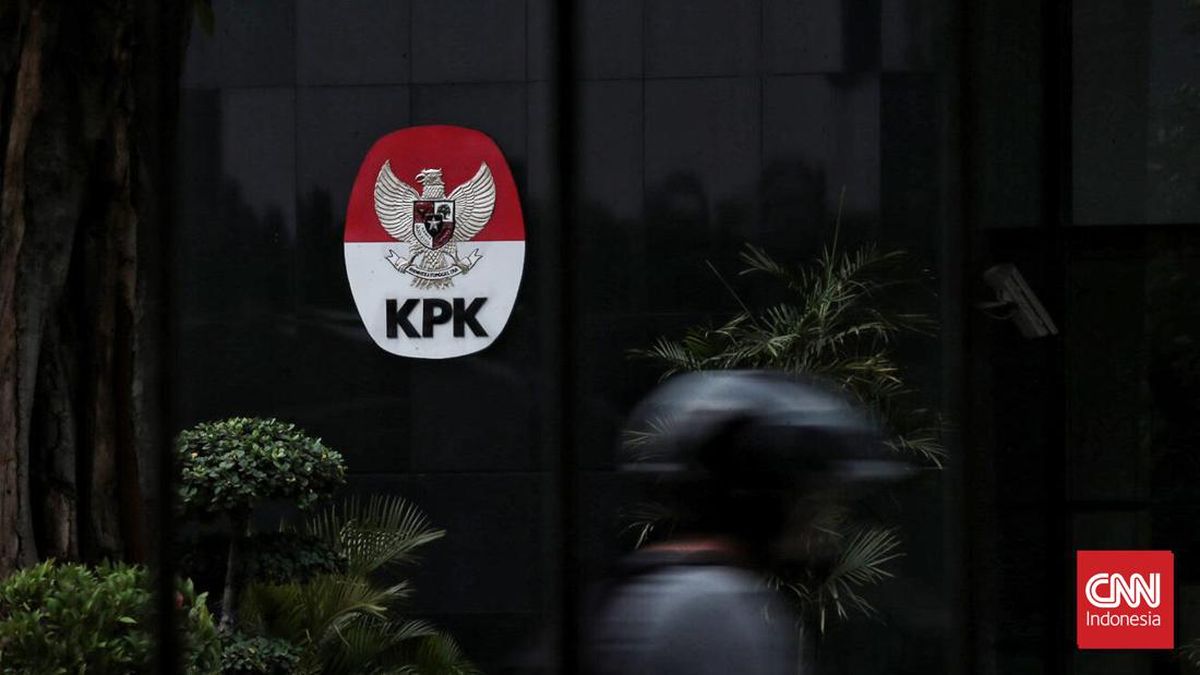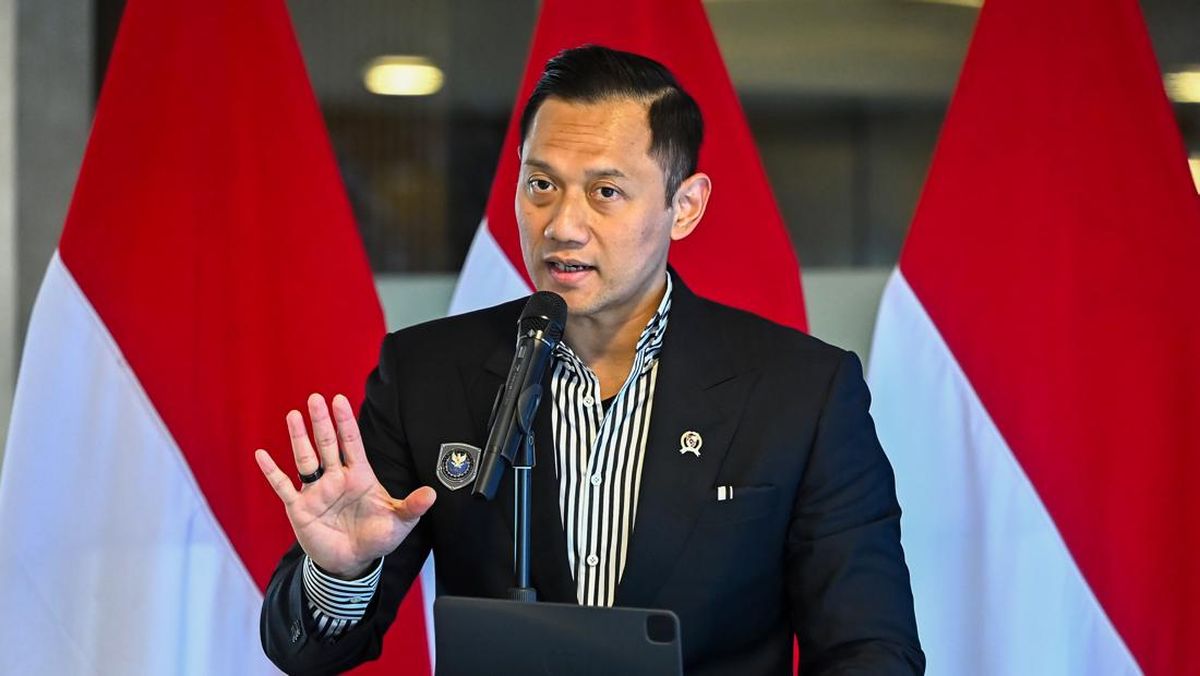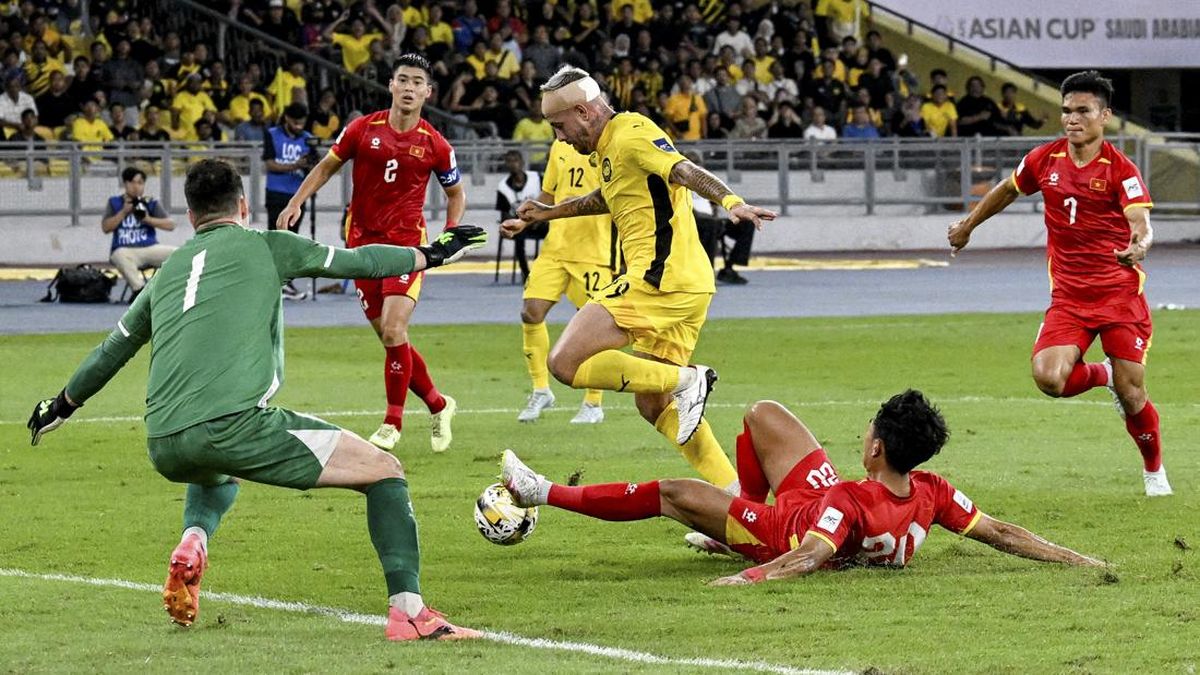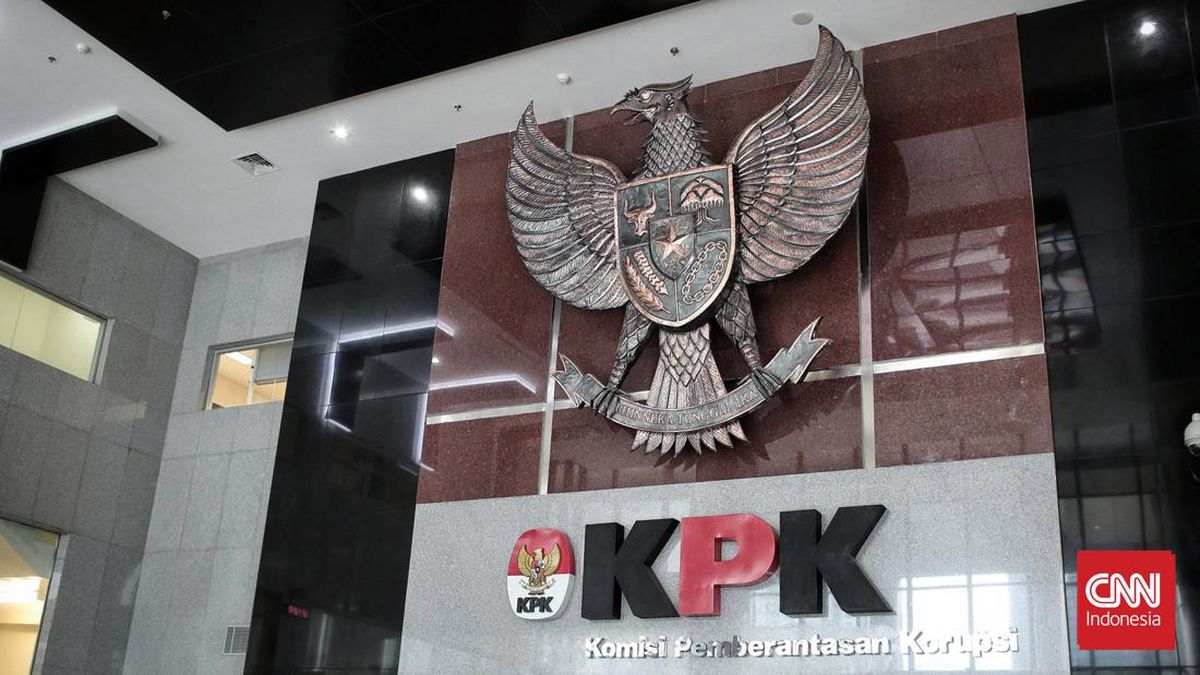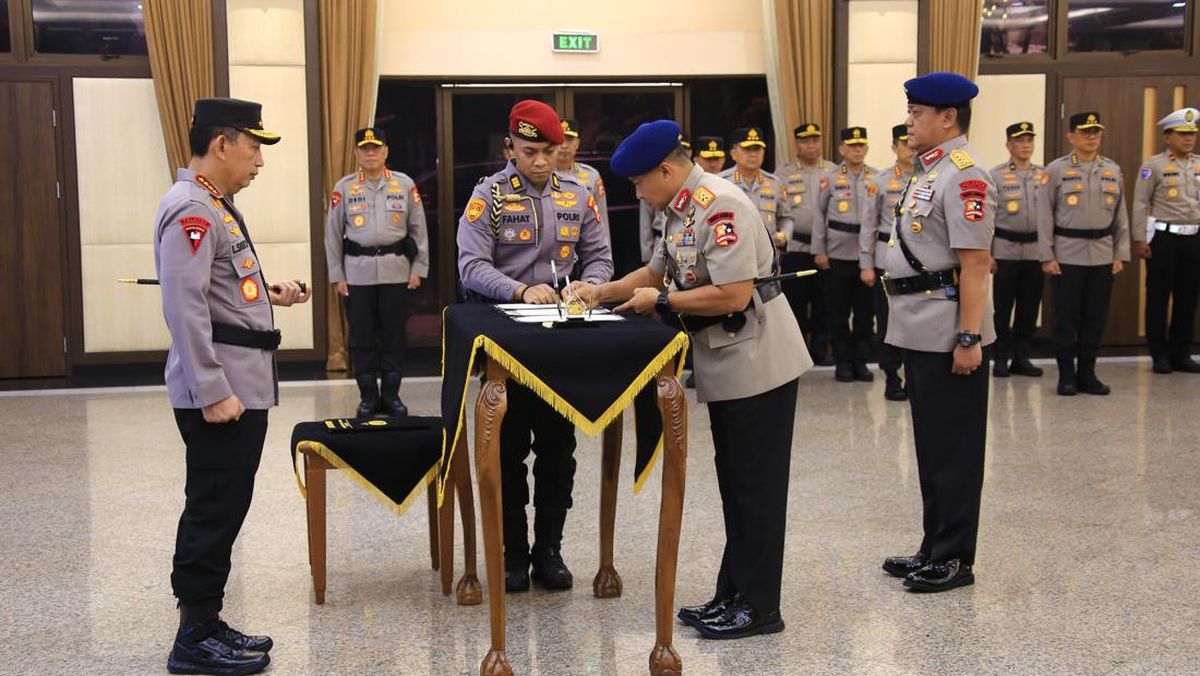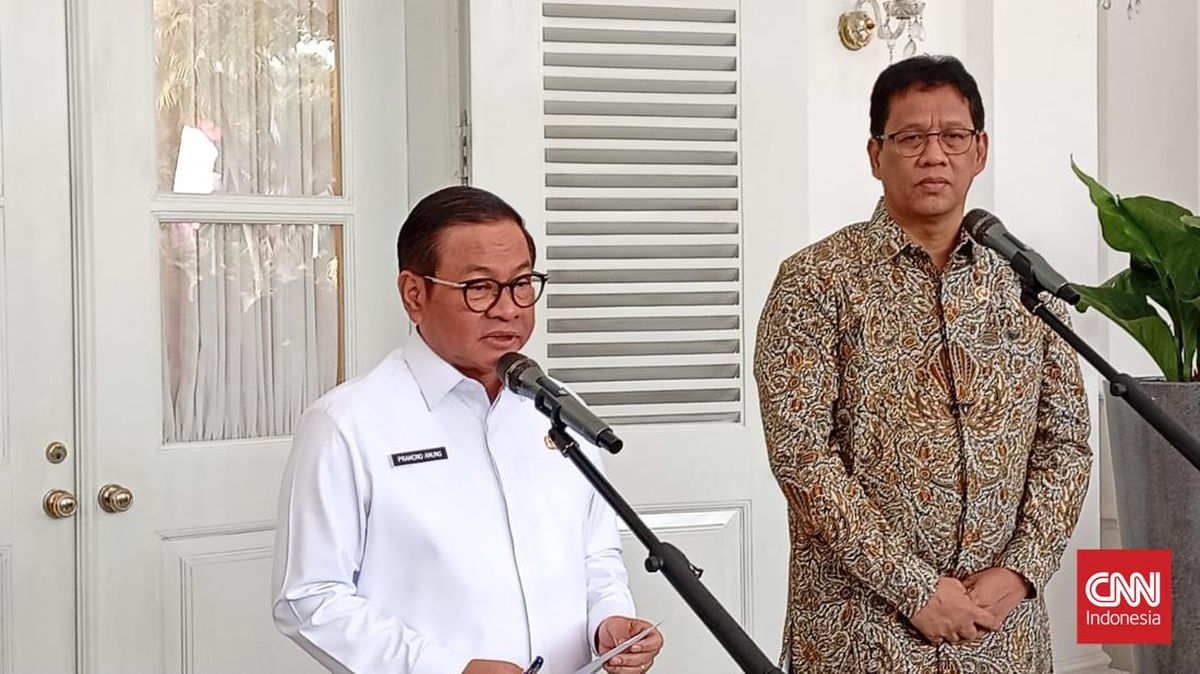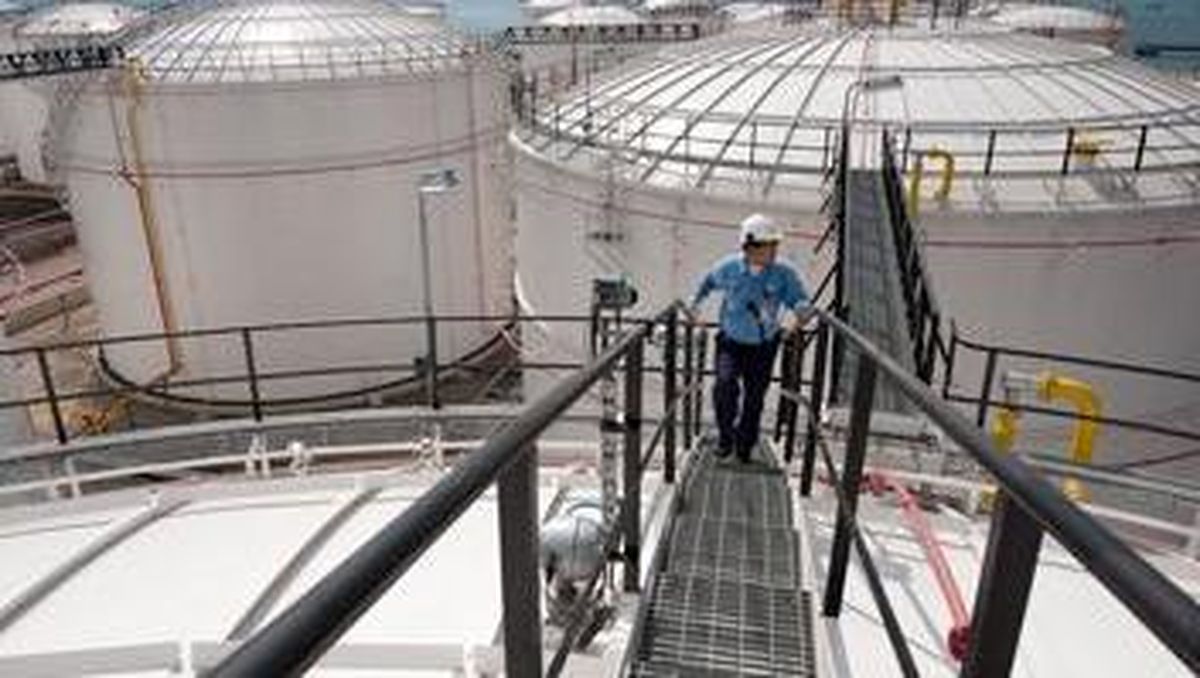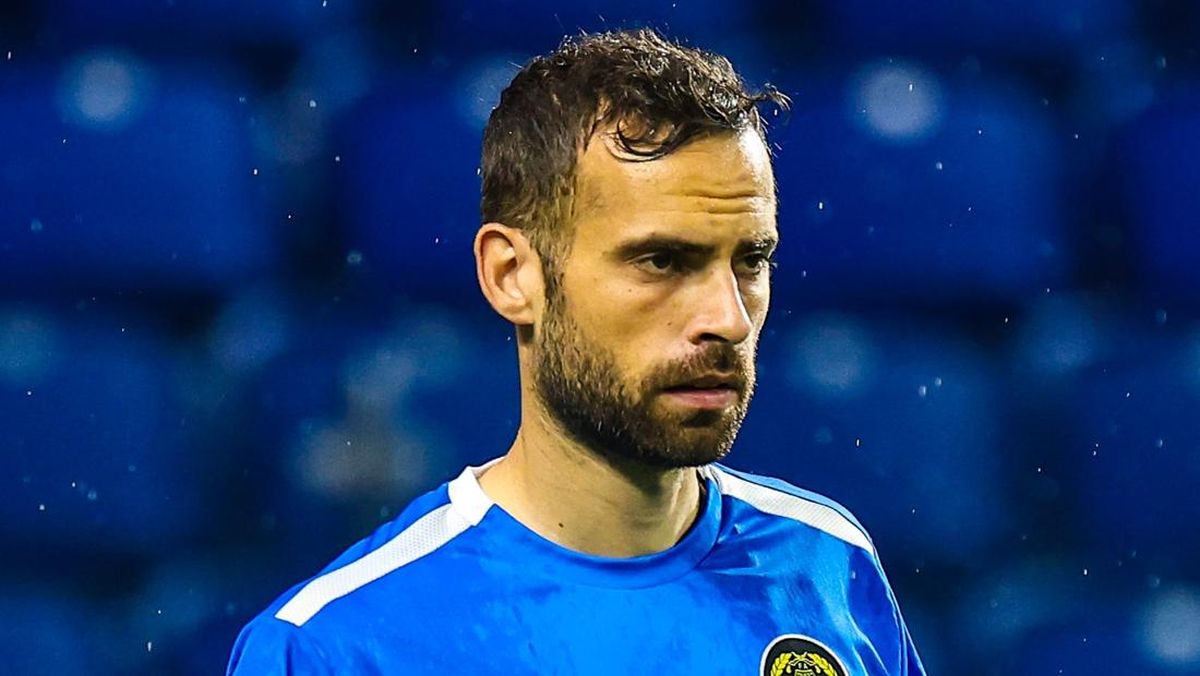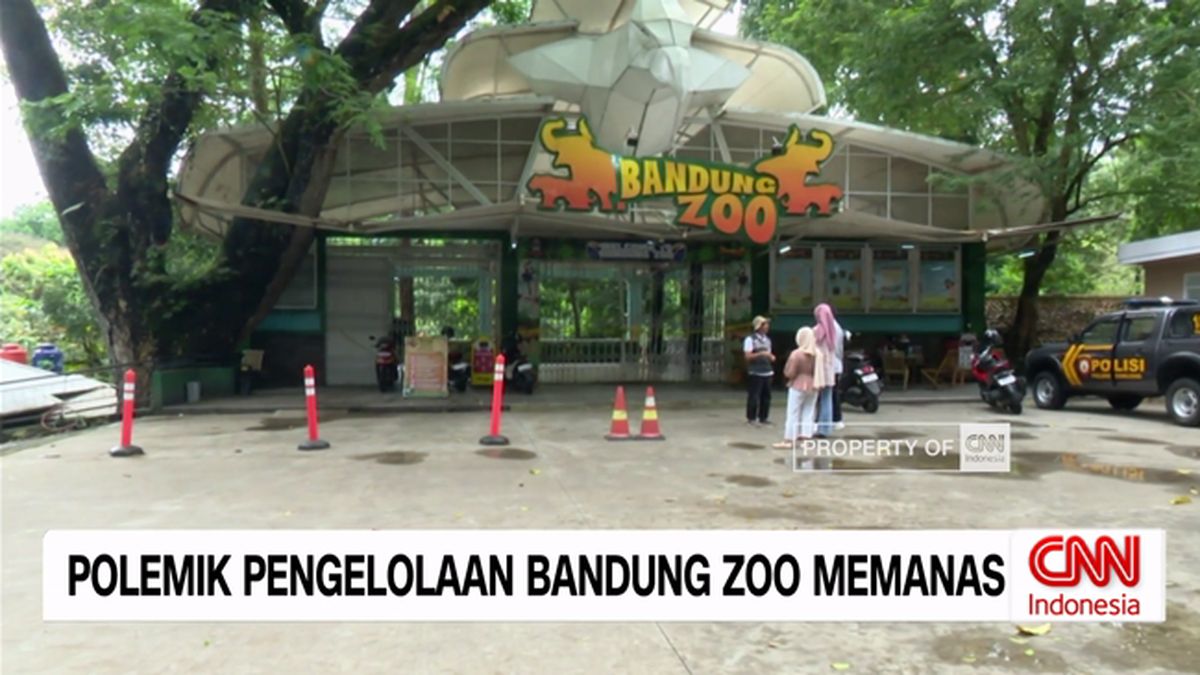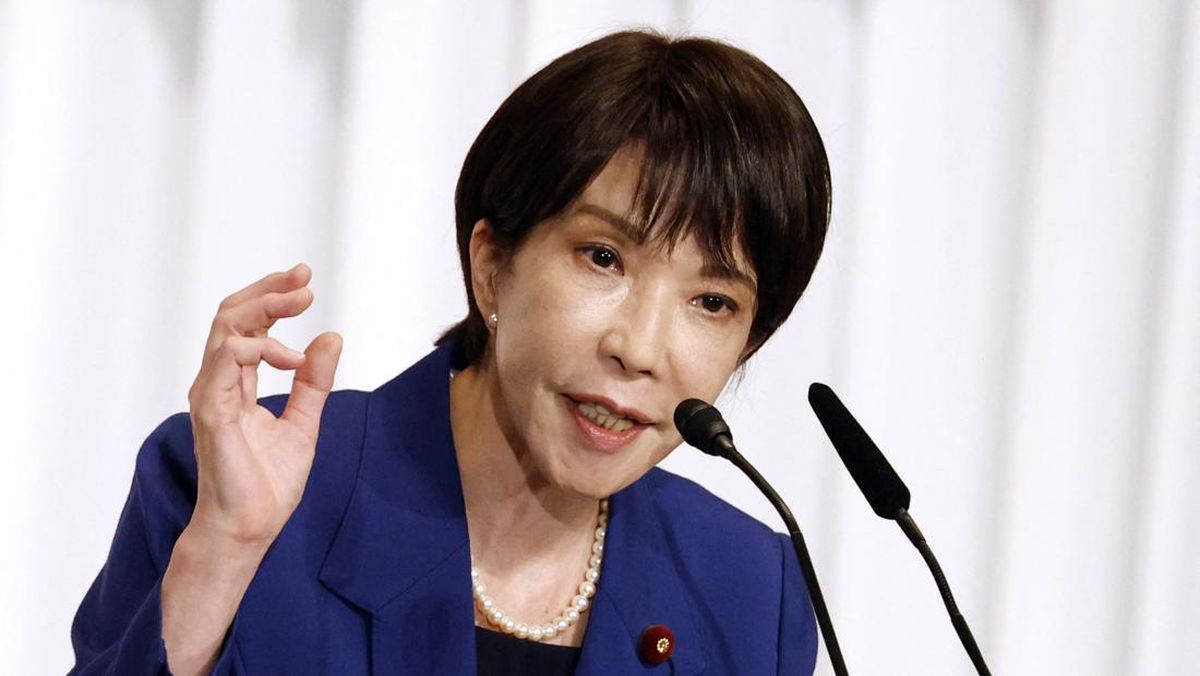Five years ago Chris McCann, the former general manager of compliance at icare, stepped out of the shadows and into a firestorm of controversy surrounding the state insurer.
McCann had been instrumental in exposing a litany of issues within icare, including cases of dodgy procurement, conflicts of interest over contracts and alleged corruption. But his whistleblowing had come at a high personal cost.
Now, as the Minns government continues its months-long attempt to push through controversial changes to workers’ compensation laws, McCann is speaking out again.

Chris McCann was a whistleblower at icare. Credit: Kate Geraghty
But this time, he is pleading with the same Labor ministers who once lauded him as a hero not to go through with changes he believes will lead to people dying.
“If you change the law, it will be the cause of people suiciding,” he said.
After he tried to raise icare’s issues internally, the former police officer was subjected to a ferocious bullying campaign. He was harassed and sent threatening emails by icare staff and received a payout after going on workers’ compensation.
Loading
He eventually went public, speaking with then Sydney Morning Herald journalist Adele Ferguson as part of her Walkley Award-winning coverage of the scandal-plagued state insurer, and providing evidence at a parliamentary inquiry in which he revealed widespread theft within the organisation.
In 2020, then opposition frontbencher Daniel Mookhey described McCann as an “amazing person” who was the victim of a “vile” bullying campaign within the organisation. The current industrial relations minister, Sophie Cotsis, labelled McCann the victim of an “ongoing campaign of bullying and intimidation”.
Five years on, McCann is on workers’ compensation after a separate incident and says he is “beyond devastated” the same Labor MPs who lauded his bravery are now trying to stop people like him receiving long-term support.
McCann has accused Labor of using him “as a pawn”, describing the terrible personal cost his psychological injury had on him.
“They wanted and needed me to expose what was happening in icare [and] now they couldn’t care less,” McCann said.

Treasurer Daniel Mookhey is the driving force behind controversial icare changes.Credit: Sam Mooy
“I feel gutted, and really just, destroyed, like I was used as a pawn to assist them in their arguments. They probably didn’t have in their mind at that time that I would need ongoing help, but I do.”
The workers’ compensation reforms have been languishing in the upper house since May, blocked by the Coalition, Greens and independent MP Mark Latham.
With Labor unable to find enough votes, the legislation has been kicked to a parliamentary inquiry, where McCann will appear on Tuesday to provide evidence about his own experience and the risk he says injured workers will face if Labor’s changes pass.
Among the raft of contentious changes is a proposal to dramatically lift the threshold for damages and long-term benefits under the scheme. Under Labor’s proposed changes, McCann would no longer be eligible.

Chris McCann, a former icare official who blew the whistle on alleged wrongdoing at the agency, pictured at his home in 2020. Credit: Kate Geraghty
McCann has attempted suicide and continues to struggle with his mental health. He was hospitalised for treatment this year and he has met other injured workers in the same situation.
“I was in hospital with teachers and nurses going through hell who will have no protections.”
He sent Mookhey a message this year, urging him to reconsider the bill, labelling it “unfair and unjust” and saying it “goes against what you told me about protecting people like me who are prepared to stand up and say something in the workplace, despite being bullied and harassed”.
“I didn’t receive my injury from an act of violence, criminal conduct or a disaster in the workplace, but I am unable to work due to what icare has done to me,” he said.
It’s a sentiment Labor once shared.
Under the controversial section 39 provisions of NSW workers’ compensation laws, most people are cut off from receiving benefits and treatment after five years. The exception is people who record an impairment score above 20 per cent.
In opposition, Labor were vocal critics of these rules. Mookhey called it an arbitrary cut-off for people who had been “substantially and permanently impaired” in their workplace, saying it risked people attempting self-harm.
“What other policy have we ever implemented that we know leads to the risk of self-harm, and we in this parliament have refused to do anything about it?” he said in 2018.
Data from the State Insurance Regulatory Authority (SIRA) reveals between 2020 and 2024 there were 59 reports of “suspected deaths” by suicide among those cut off from the scheme.
During the same period, data obtained by the Herald shows insurers noted 725 instances of those workers being “at-risk”, a category which includes threats of self-harm and drug and alcohol abuse.
In 2024, 1025 people were cut off under section 39. The data records incidents of self-harm after the cut-off occurs, and it is possible some incidents are unrelated to their insurance claim.
The Herald revealed Mookhey signed a pledge promising to repeal section 39 just days before the 2023 election, along with almost all of Labor’s cabinet.
But under the controversial reforms Mookhey has driven, the government instead wants to dramatically pare back access to long-term benefits.
Labor’s changes would mean workers would have their benefits cut after 2½ years, with medical treatments ending a year later.
The government insists the changes are necessary to fix increasing costs, and would focus on preventing workplace injuries in the first place. In a statement, Mookhey said the reforms would create a “modern system that will better protect workers from psychological injury, and provide better help when they need it”.
“The government’s reform makes a decisive shift towards a culture of prevention. It is designed to save the scheme we have and make it fit to serve the workforce into the future,” he said.
Loading
“You can have the best workers’ compensation system in the world on paper; if it has no money, it helps no one.”
But Greens MP Abigail Boyd said the reforms were a “blunt and lazy option” to cut costs.
She noted SIRA has commissioned research into the identification of suicidal risk and enhancing suicide prevention in the scheme.
“I cannot emphasise enough how dangerous this government’s proposed cuts will be, ripping away support from those who need it the most,” she said.
Most Viewed in Politics
Loading


